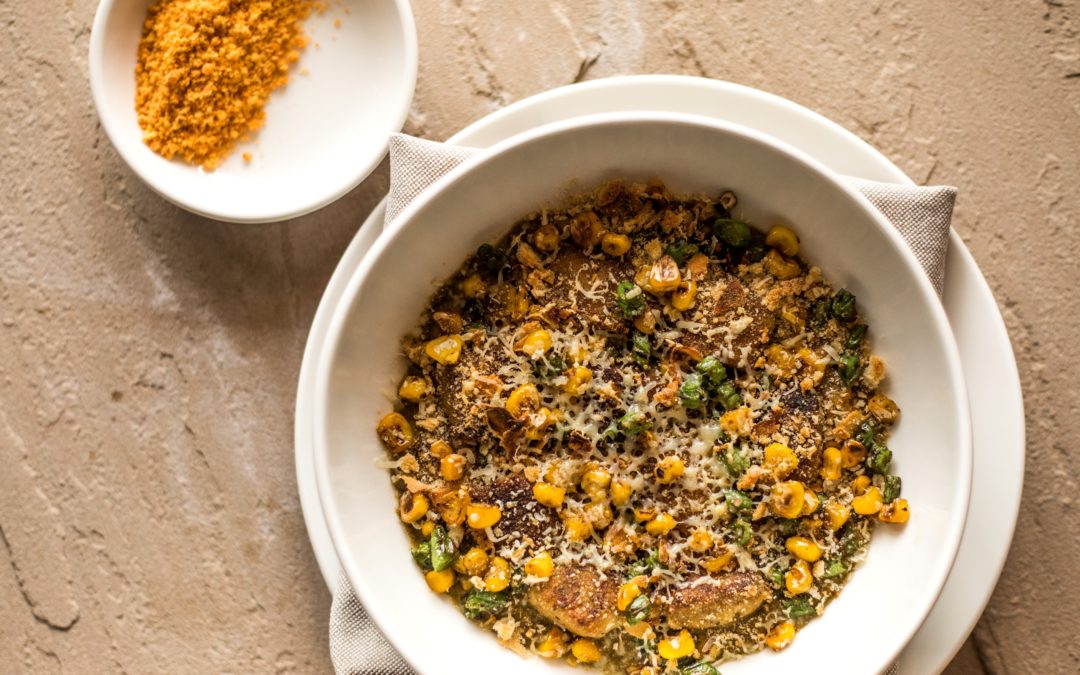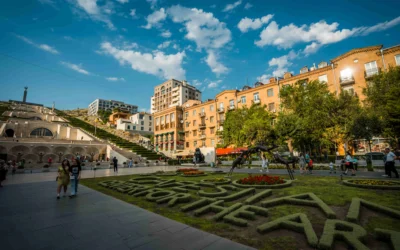Trained formally in 2012 in culinary arts from Le Cordon Bleu, Chef Vanshika Bhatia has been cooking since the day she could reach the stove top. Her idea for food transpires from local produce, no wastage, community style food to presenting with the most progressive and contemporary French cooking techniques. Her experiences of working in restaurants across the world and formal training in French cuisine make her a promising professional cook for unmatched dining experiences. What is remarkable about her culinary journey is the fact that she actively promotes sustainable cooking techniques and methods in her kitchen.
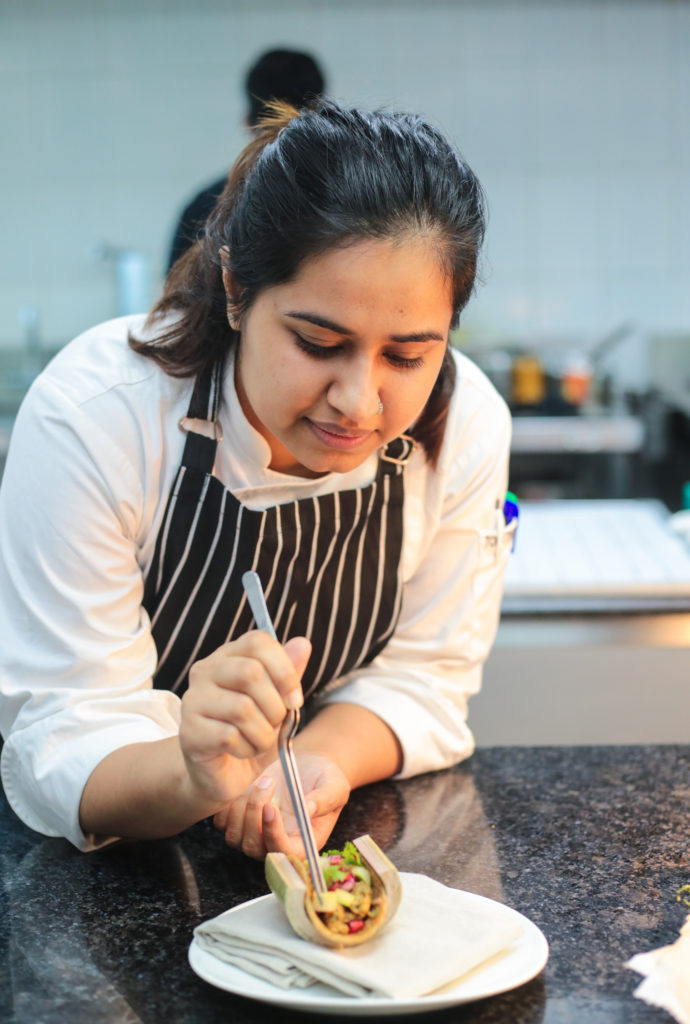
Vegan cooking/ vegan restaurants; how easy/difficult it is; what are your previous experiences with it.
In India vegan cooking is as difficult or as easy as you can imagine. Some of the dishes on my menu are effortlessly vegan. Something as simple as roti sabzi or dal chawal or idli sambhar is vegan in India.
What about the suppliers, are there enough in India currently and easily accessible?
I have never felt a shortage of any ingredient in India. If something is not available that means it’s not local and is probably not in season. There are always replacements.
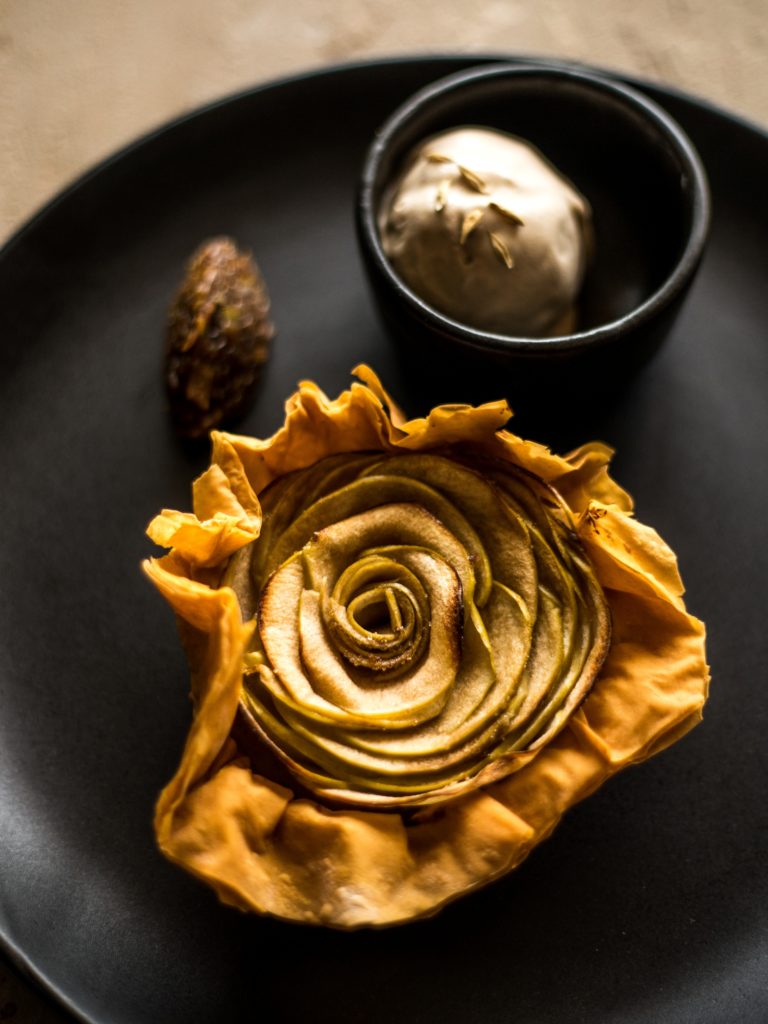
Have you ever worked with meat substitutes? If yes, what are the pro and cons?
I have never worked with faux meats. I always find so many vegetables as more interesting and versatile. Also a lot of the vegetarians in India do not like the mouth feel of meat, so faux meat gets cancelled there.
According to you will sustainable food work in company canteens? Where do we stand / what is the potential?
Sustainability has a lot of methods and criteria. Even something like not wasting broccoli stems or radish leaves counts as being sustainable. Or using the water you used to wash vegetables to water your plants is also sustainable. Every kitchen in our country can follow these practices.
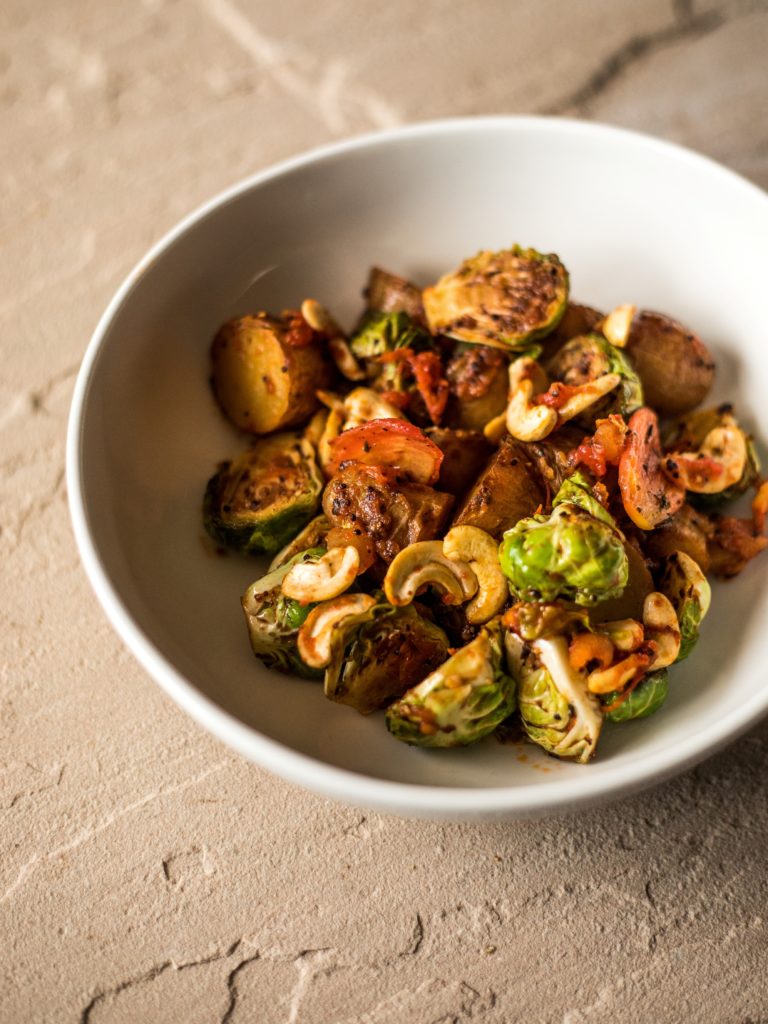
How can restaurants/ hotels/ cooks communicate the approach of innovative sustainable plant-based food/ food chains to others?
Social media is a big platform these days to connect with people and spread the message, but not just that, chefs can host workshops for guests and even their own teams and other restaurant teams to give out education. Host dinner or brunches with themes like zero hunger and sustainability.
Adding vegetarian or vegan menus to the menu: what is the trend/experience with this?
Vegetarian/Vegan dishes should be given equal importance as non vegetarian dishes. And when I say vegetarian I don’t just mean paneer (cottage cheese) and potato. There are 30,000 plant species that are edible and should be used and only four of these species make up most of our daily calories. I think a lot of the chefs and guests have now realized this and are working tirelessly towards trying to make plant based diets a trend that people follow.
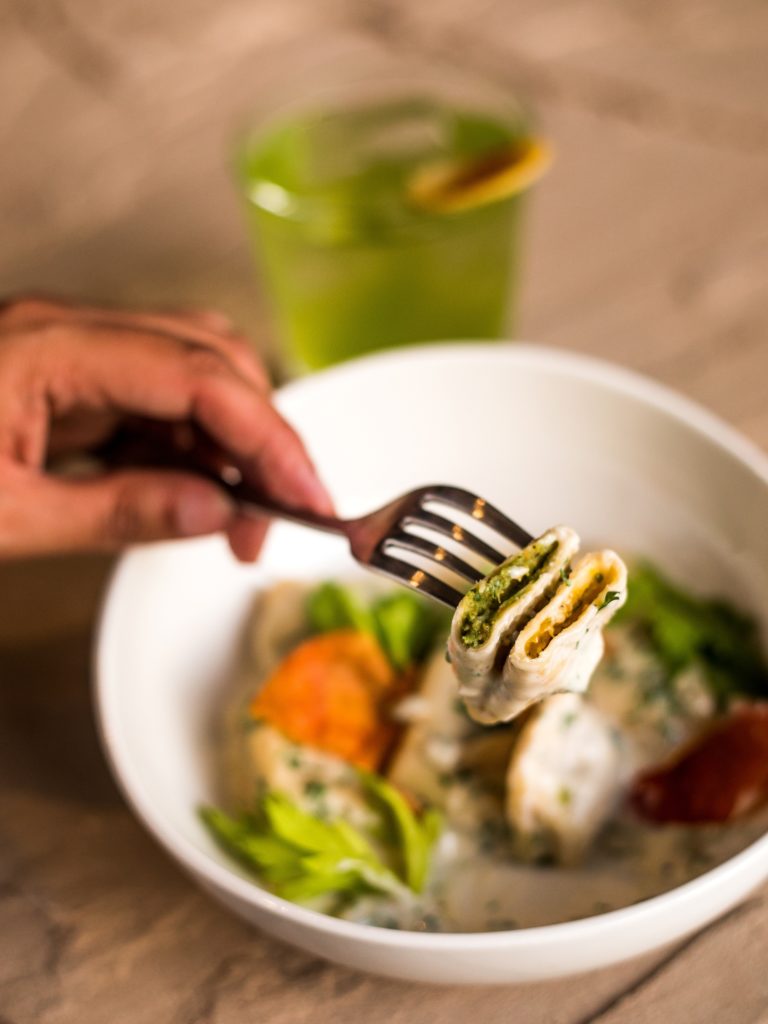
What are the challenges for chefs/restaurants with an increasing demand for vegetarian or vegan menus?
A chef’s job is not just cooking but also being creative with their skills and craft. I think chefs/restaurants are doing just fine with meeting the demand for vegetarian and vegan menus. If you don’t find it printed on a menu you can always call the chef and I am sure he or she can whip something up for you!
Tell us about your two most popular preparations in line with this concept (sustainability)
I have an up cycled Doppio Agnolotti on the menu which is a stuffed pasta, the filling is trimmings of vegetables and stems and leaves which kitchens usually throw away. Then I have a dish called Protein, with the name you might think this is a non vegetarian dish, but it is not! It’s a mélange of pulses and legumes which are very high in plant based protein. This dish promotes bio diversity which is extremely important in this day and age.
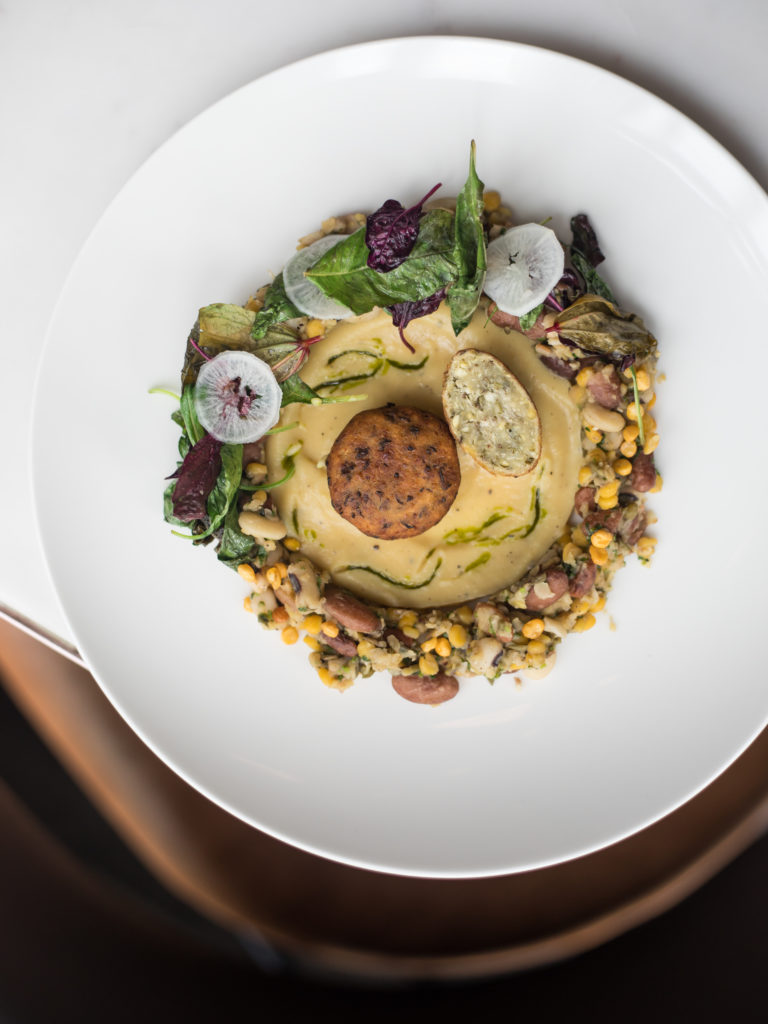
What made you initiate this process in your workspace?
A conscious me that cares a lot about this planet, the mother earth and the farmers who put in so so much effort to grow something from seed to fruit. Also being a business owner, if you only use the florets of the broccoli and throw the stem you are throwing 50% cost in the bin!
How does it help local farmers/suppliers?
Farmers know what is good for their soil and for soil regeneration. If we support the local farmer they can in turn earn more money and take care of their land. This will help provide us with what is seasonal and healthy without the use of chemicals.
Please tell us more about the concept of zero wastage and how you have contributed to it so far. Does this put pressure on your budgets?
Zero waste is not an option for me anymore. It is mandatory. Wasting any part of any ingredient is a loss of money and waste of effort. It does not put pressure on the budget it is actually in the long run and the short run very helpful, if you plan your menus intelligently.
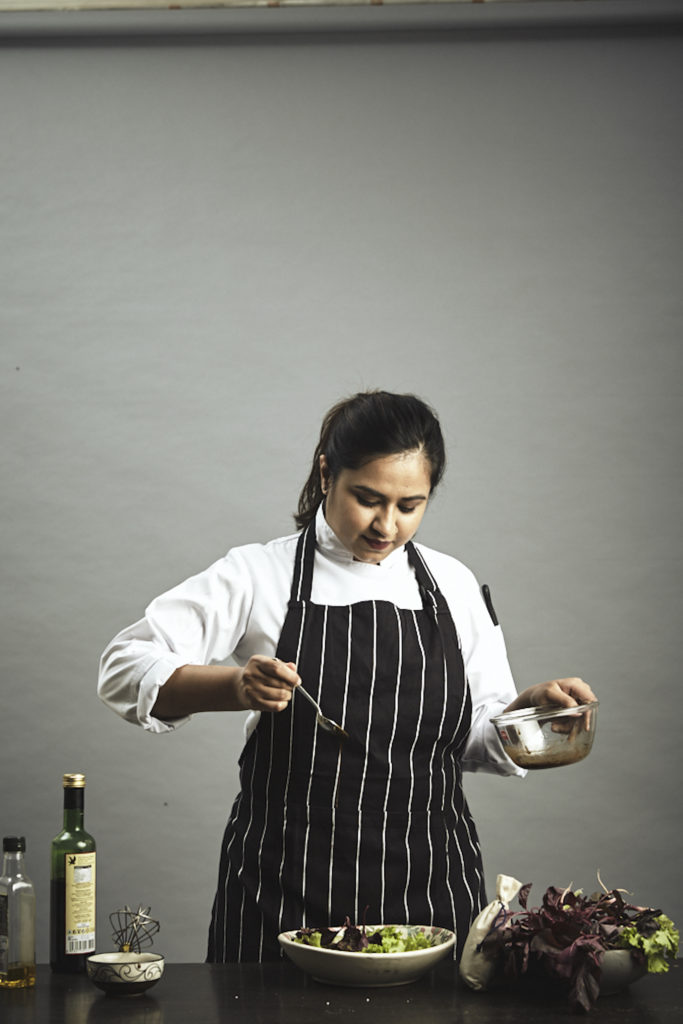
Tell us about the concept of ‘farm to fork’ and how it helps to promote the idea of sustainability and good health.
Everything essentially is farm to fork. Everything grows in farms and comes to our forks as our food. What helps is eating seasonal. If nature is growing it at a certain point of time and you know who and where it is being grown, it will be good for your health.
How do you think we can create awareness amongst more chefs and restaurants and hotels so that they contribute to this initiative?
I always say talk to the farmer. It is the most important and effective way to bring about change.


